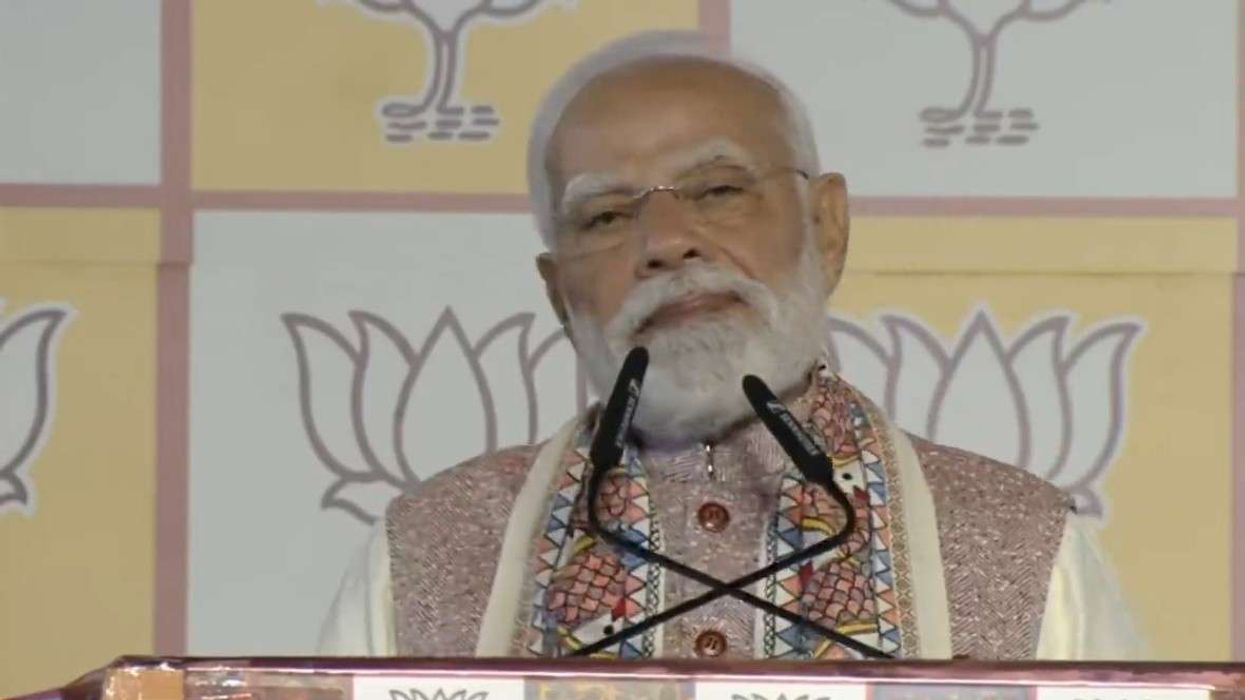NOBEL laureate Malala Yousafzai called on world leaders on Tuesday (September 13) to provide education to girls in refugee camps so they avoid being forced into early marriage or child labour.
Yousafzai’s statement comes a week before US president Barack Obama hosts the first UN summit on refugees in New York where he is expected to urge leaders to do more to help refugees in countries like Lebanon, Turkey, Jordan and Kenya.
“Why do world leaders waste our time with this pageant of sympathy while they are unwilling to do the one thing that will change the future for millions of children?” Yousafzai asked in a statement ahead of the September 20 summit.
She said refugee girls were wondering how long they can stay out of school before they are forced into early marriages or child labour.
“They’re hoping for more than survival” she said. “And they have the potential to help rebuild safe, peaceful, prosperous countries, but they can’t do this without education.”
Fighting in Syria, Afghanistan, Burundi and South Sudan has contributed to a record number of people who were uprooted last year, according to the UN refugee agency, which estimates there are 21.3 million refugees worldwide, half of them children.
Almost 80 percent of all refugee adolescents are out of school, with girls making up the majority of those excluded from education, according to a report issued by the Malala Fund, which campaigns and fundraises for educational causes.
The fund also blamed donor countries for failing to provide adequate funding for secondary education, and failing to deliver on funding pledges made earlier this year.
The report also criticised wealthy donor countries for diverting resources away from host countries in developing regions, such as Turkey and Lebanon, to meet their own domestic refugee costs.
The report concluded by urging donors to commit to providing $2.9 billion by September 2019 to the Education Cannot Wait Fund, a new body to raise finance for the education of refugee children.
Yousafzai, 19, rose to international fame after surviving a 2012 assassination attempt by the Taliban in Pakistan’s Swat valley to continue her fight for girls’ rights.
In 2014, she became the youngest-ever Nobel Prize winner for her work promoting girls’ education in Pakistan.
Now a regular speaker on the global stage, Yousafzai visited refugee camps in Rwanda and Kenya in July to highlight the plight of refugee girls from Burundi and Somalia.












